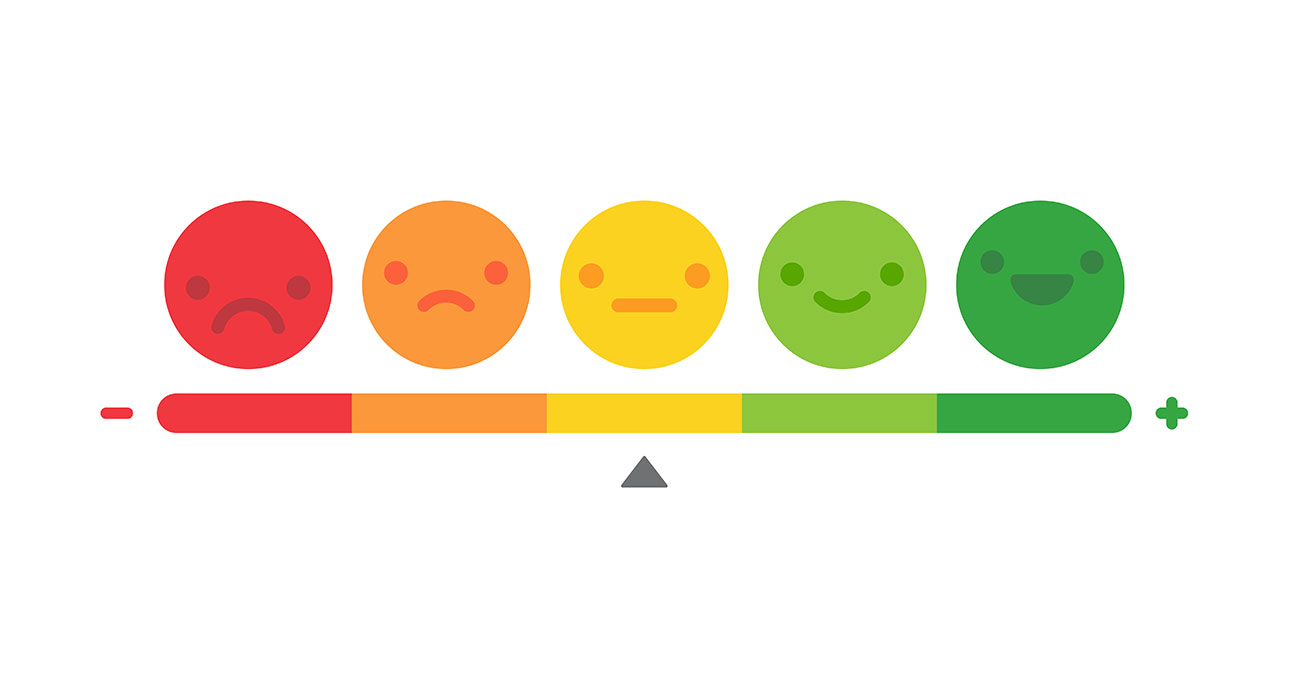How long is pre approved mortgage good, for a buyer?
Updated Mon, Jun 23, 2025 - 9 min read
Top blog articles
If you’re eager to turn your dream of homeownership into a reality, you’ve likely heard about the importance of getting preapproved for a mortgage. Obtaining a mortgage pre-approval marks your initial significant stride towards owning a home, streamlining the subsequent steps in the home-buying process. But, how long is pre approved mortgage good for? Let’s find out, here.
To gain credibility with home sellers, securing a pre-approval is essential. However, its significance extends beyond impressing sellers. It’s pivotal for you, too. Your pre-approval outlines the kind of home you’re eligible to purchase. What’s more, it provides an estimate for your monthly housing payment. Therefore, you can fine-tune your budget and determine the home you can comfortably afford.
What is mortgage pre-approval?
A mortgage preapproval lets homebuyers see how much money they can borrow and the interest rate. Lenders review financial details such as their income records, debts, and credit score to decide the maximum loan amount. This process also gives a good estimate of monthly payments for budgeting.
Therefore, having a mortgage preapproval letter is crucial when house-hunting. It proves to real estate agents and home sellers that you’re prepared and eligible to purchase the home you want.
Why is getting your home mortgage preapproved a good idea?

If you’re serious about buying a house soon and are actively looking, it’s a good idea to get a mortgage preapproval. It’s the first step to getting a home mortgage and helps you know how much house you can afford. You’ll also get a good idea of your estimated mortgage payment. And, that will help you maintain your budgetary goals.
Keep in mind that you’ll need to maintain a realistic home-buying budget and monitor your credit score. An excellent or good score can help you secure the best loan terms and interest rates. Solid financials, needless to say, are crucial when buying a house.
Since a pre-approval letter is valid for only a few months, it’s best to wait until you’re actively looking to apply for a loan. Applying too early might make the preapproval expire before finding the right home. And, it will require reapproval, potentially affecting your credit score negatively.
How long does a mortgage loan approval process take, on average?
The total time it takes to get preapproved for a mortgage varies. If the lender accepts online prequalification and you have all your financial information ready, filling out the application might take less than an hour. You could get preapproved on the same day sometimes. However, if the lender needs more documents, it could take longer.
How long is pre approved mortgage good for?
Mortgage preapproval durations vary by lender. The timespan typically lasts 60 to 90 days. Keep in mind that during this period, the loan interest rates and your financial situation may change, impacting your borrowing capacity. Lenders aim to minimize risk beyond 90 days.
If you don’t find a home within this timeframe, your preapproval expires, requiring reapproval. You can stick with the same lender, necessitating updated documents and a credit report refresh. Or opt for a new lender, submitting a fresh loan application.
If your financial situation remains stable, the lender issues a new preapproval letter. Yet, changes may affect your interest rate and loan amount. Positive shifts can boost borrowing potential or lower rates, while negative changes such as a lower credit score or increased debt could reduce loan amount or hike rates. In some cases, you might become ineligible for a new preapproval letter. Sometimes, external factors such as economic conditions and regulations also influence how long is pre approved mortgage good for.
When should you apply for a preapproval?
Since preapprovals expire relatively quickly, it’s smart to plan your preapproval applications carefully to make the most of them. It’s a good idea to get a preapproval letter before seriously looking at homes. It helps you know how much you can afford and can make your offer more competitive. If you’re unsure, a loan officer can review your finances and credit informally and advise you on any necessary steps.
Keep in mind that preapprovals typically last up to three months, so timing is key. You don’t want it to expire before finding the right home. Before seeking preapproval, research your desired market, work with a real estate agent, and improve your credit.
Waiting too long could put you at a disadvantage in a competitive market. For instance, you might miss out on a perfect home while waiting for your preapproval. Therefore, getting preapproved just before actively searching for homes is often the best approach.
How can you apply for a mortgage preapproval?
Getting pre-approved is like applying for a mortgage when you buy a home. Just like in a mortgage application, your lender will evaluate your income, assets, debts, employment history, and credit report. Remember, preapproval is just a preliminary step. Your lender won’t fully approve your loan or set terms until they verify your information, including other borrowers on the application and the property you want to buy.
Obtaining a mortgage preapproval is simple and often done online. Here’s how you can speed up the process:
- Check your credit score: Review your credit report and score, aiming for a score of at least 620. Calculate your debt-to-income (DTI) ratio to ensure it’s below 43%.
- Gather all relevant financial information: Collect documents such as ID, pay stubs, tax returns, and account statements showing assets and debts.
- Choose the best mortgage lender: Compare at least three lenders to find the best home loan terms. Expect to pay a fee for preapproval, but it’s often refunded if you proceed with the mortgage.
- Receive your mortgage preapproval: Once you submit all required documents, you’ll typically receive a preapproval decision within a few days. Include your preapproval letter with any offer you make.
What documents do you need for mortgage preapproval?
To get a mortgage preapproval, you need to provide several documents and information to the lender. These include:
- Social Security number
- Bank statements and other financial records
- Driver’s license
- Last six months of pay stubs
- Last two years of W2s and tax returns
- Proof of the amount you will pay upfront
Does getting a mortgage preapproval affect your credit score?

Yes, applying for a preapproval involves a credit check by your lender, which can impact your credit score. This check creates a hard inquiry on your credit report, causing a slight drop in your score, usually by a few points.
If you keep up with bill payments, the score reduction from a hard inquiry typically lasts only a few months. After a year, the inquiry won’t affect your scores, and it’s completely removed from your credit report after two years.
Fortunately, your credit score will not be negatively impacted when you request preapprovals from several lenders in a brief timeframe. Since the inquiries are tied to one mortgage loan and made in a short timeframe, you’ll only see one impact on your score, regardless of the number of lenders you apply with. If all mortgage inquiries occur within a 14-day period, they should only count as one hard inquiry on your credit report, which can last up to two years.
Remember that pulling free credit reports doesn’t affect your score. You can check for any errors in your credit report from Equifax, Experian, and TransUnion. Correcting the errors can improve your credit score, potentially leading to lower mortgage rates and more loan options.
Key takeaway
A mortgage preapproval letter is important because it shows you’re serious about buying. In competitive housing markets, it can give you an edge. If home sellers have multiple offers, they might prefer yours because you’re already preapproved for financing. In hot markets, some sellers might only consider offers from buyers with preapproved loans.
Read more: Financial implications of 15 vs 30 years mortgages
FAQs
What is the difference between mortgage preapproval and prequalification?
It’s crucial to know the distinction between mortgage preapproval and prequalification. Prequalification suggests you’ll likely qualify for a mortgage, but it doesn’t give precise details on your approval amount or interest rate. Unlike preapproval, prequalification doesn’t involve your credit report; it relies on your reported down payment, income, and other factors. Without your credit report, the lender can only estimate your approval amount.
Can I make an offer on a home without preapproval?
While you can make an offer without preapproval, having one strengthens your offer and shows home sellers that you’re a serious and qualified buyer.
What occurs if I don’t utilize my preapproval?
If you let your preapproval expire without using it, you’ll need to requalify. This process may involve resubmitting proof of income and debt to obtain reapproval. Once the bank completes its review, it issues a new preapproval letter with a revised expiration date.
Is a down payment necessary for preapproval?
Yes, you need to reveal your down payment amount. The total sum you can put down on your mortgage impacts the type of loan you qualify for and the loan amount.
What happens if my financial situation changes after preapproval?
If your financial situation changes significantly after preapproval, such as losing your job or taking on additional debt, you may need to update your lender and go through the preapproval process again.
Can I be denied a mortgage after preapproval?
Yes, preapproval is not a final approval. Your loan can still be denied during the underwriting process if your financial situation changes or if there are issues with the property you’re purchasing. Keep in mind that a preapproval is not a guarantee of a home mortgage or any other loan. It’s a preliminary step that gives you an estimate of how much you can borrow based on your financial situation at the time of application.









